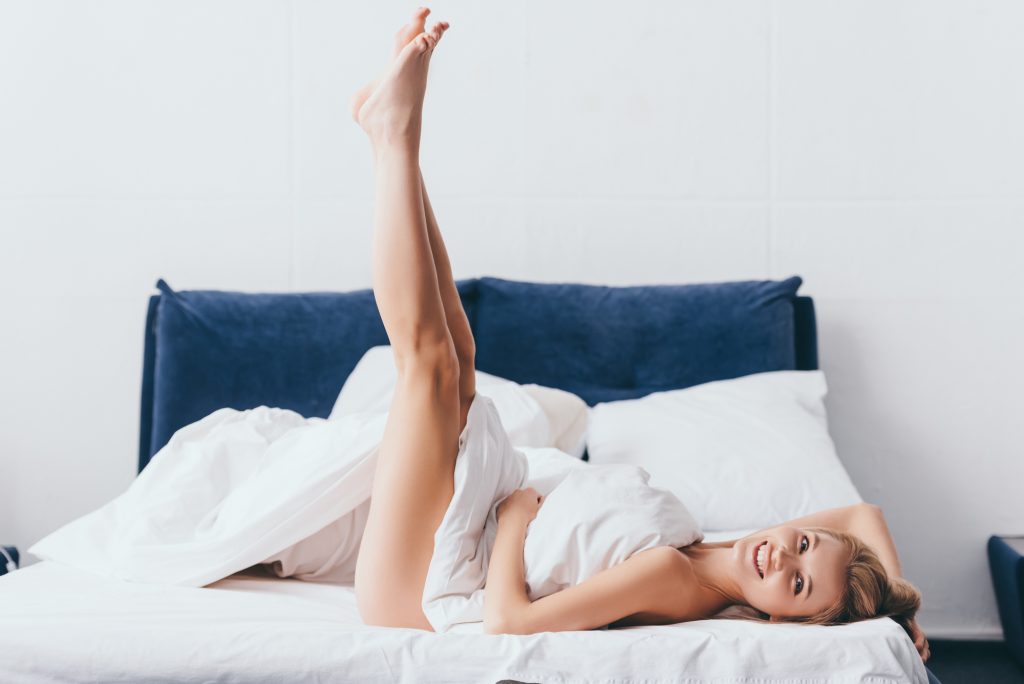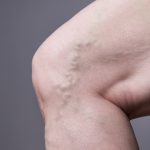 Vein problems can often cause discomfort and pain. They are a medical issue, and if you are experiencing problems, you can likely benefit from professional vein treatment. However, there are some things you can do at home, like taking time to care for yourself and live a healthy lifestyle, which can help with problem veins. This guide is designed to give you the self-care tips you need for effective vein relief.
Vein problems can often cause discomfort and pain. They are a medical issue, and if you are experiencing problems, you can likely benefit from professional vein treatment. However, there are some things you can do at home, like taking time to care for yourself and live a healthy lifestyle, which can help with problem veins. This guide is designed to give you the self-care tips you need for effective vein relief.
Understanding Vein Health
Before we dive into the remedies, let’s take a moment to understand vein health. Our veins are essential parts of our circulatory system, responsible for returning deoxygenated blood to the heart. Issues like varicose veins and spider veins occur when these veins become weakened, dilated, or twisted. Blood can pool in spaces within the vein, resulting in visible veins as well as pain and soreness.
Lifestyle Changes for Vein Relief
Making certain lifestyle changes can significantly improve your vein health. Healthy habits and choices, along with intentional self-care, can help alleviate vein pain.
Regular Exercise
Exercise promotes good circulation, which can prevent and even alleviate vein-related discomfort. Activities like walking, swimming, and cycling are extremely beneficial. When you move, your muscles contract, pushing blood back towards the heart and helping to prevent pooling in the veins. This can reduce pressure on your veins and decrease your risk of developing varicose veins. Choose an activity you enjoy and will continue to pursue on a regular basis, as consistency is key. If you are new to exercise, make sure to ease in with low-impact, gentle movement like walking.
Stretching
Like exercise, stretching gets you moving and promotes blood flow. It also feels good and can make exercise more comfortable. You can start a simple stretching routine at home with static and dynamic stretching. Or, you can choose a more structured environment, such as a yoga class.
Healthy Diet
A healthy diet can also support vein health. Consuming foods high in fiber and low in salt can prevent water retention, which often exacerbates varicose veins. Eating healthy, whole foods, including lean proteins and a variety of produce, can improve cardiovascular health as well as promote a healthy weight, both of which contribute to vein health. Plus, certain nutrients, like vitamin C and flavonoids, can strengthen your vein walls.
Hydration
Hydration is more critical to your vein health than you might realize. Drinking plenty of water keeps your blood flowing smoothly, reducing the risk of blood clots. Plus, staying hydrated helps keep your skin and vein walls supple and elastic, which can alleviate discomfort from stretched or swollen veins. Have you been drinking enough water for your overall health?
Compression Stockings
Compression stockings are a tried-and-true method for managing vein issues. These specially designed stockings apply pressure to your legs, helping to promote blood flow and reduce swelling. They’re available in various styles and compression levels, so you can find the perfect pair for your needs. It’s a simple solution, but it works wonders.
Elevate Your Legs
Elevating your legs can be a simple yet effective way to relieve vein swelling and discomfort. By raising your legs above the level of your heart, you can help promote blood flow and reduce pressure on your veins. Plus, it’s a great excuse to sit back and relax! Try doing this several times a day, especially after long periods of standing or sitting.
What to Avoid
There are certain common self-care measures you should avoid with varicose veins. For example, heat is not good. Stay away from hot tubs, and if you take a bath, be sure it is lukewarm. In addition, massage can cause rupture of weak veins, so if you get a massage, tell your therapist to avoid areas where you have varicose or spider veins.
When to Seek Medical Help
While self-care measures can be very helpful, sometimes professional help is necessary. If you’re experiencing severe pain, skin ulcers, or signs of blood clots, it could indicate a more serious vein condition that needs medical attention.
You don’t have to live with the discomfort of vein issues. There are ways to treat your spider and varicose veins. Contact our office to discuss your vein treatment options.



